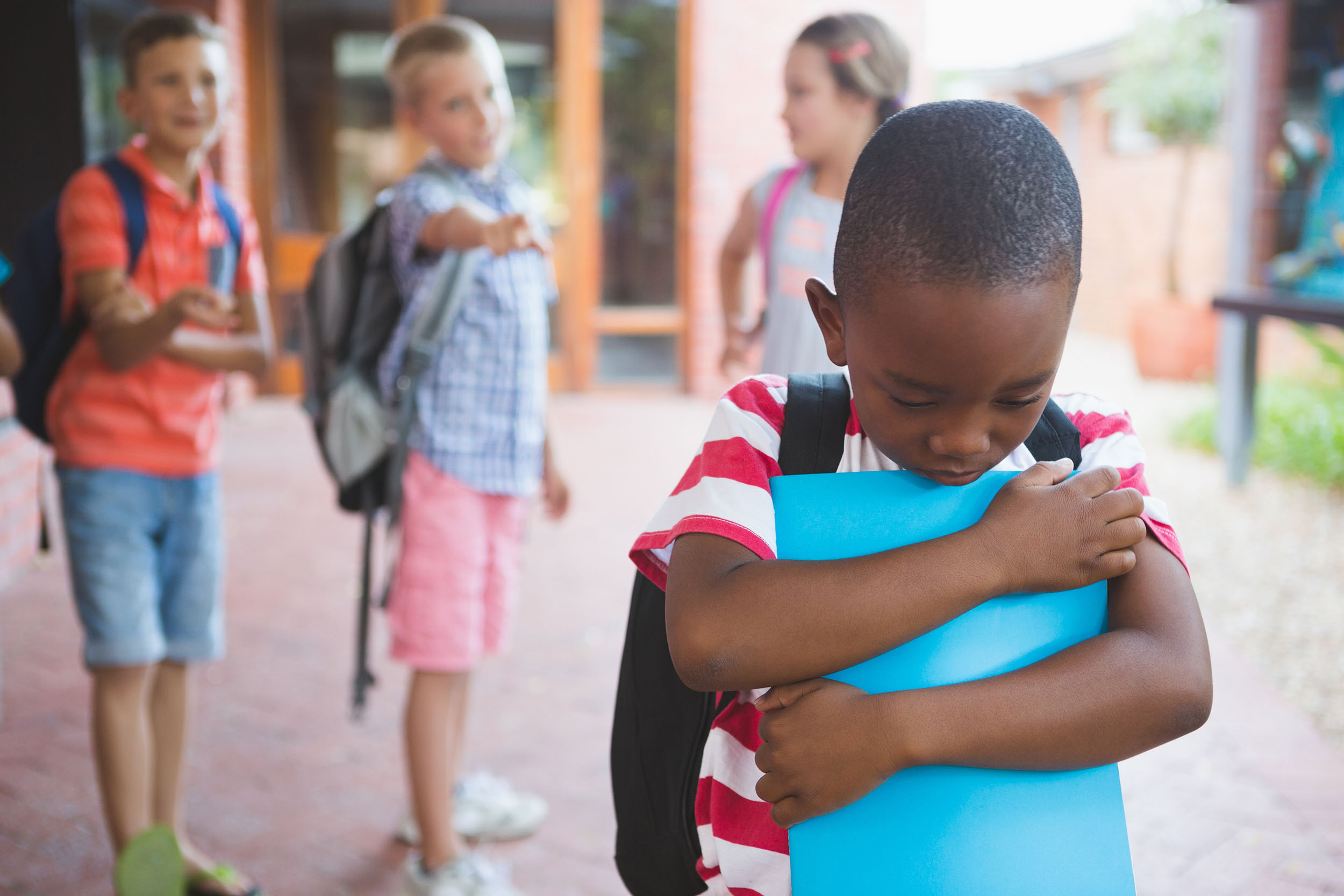PAW PAW, Mich. – Michigan State Police are reaching out to students and parents to combat bullies both online and in schools, a persistent problem research suggests could be addressed through a stronger focus on character education.
Parents raising concerns about bullying in Kalamazoo schools over the last month prompted the Michigan State Police to speak out on the subject, and offer parents and students advice on how to respond to the harassment.
“They say 71 percent of students have seen bullying while they were in school, so it’s quite frequent for students to see it happen,” Paw Paw Post Sgt. Andrew Jeffrey told WWMT. “Roughly 25 percent of students who have been bullied never even tell an adult that they’re being bullied. It’s very important that you let somebody know what’s going on.”
Jeffrey suggested students not respond with anger or physical attacks, but rather “act brave” and walk away when they’re targeted by bullies. MSP encourages students to talk about incidents with friends and adults, and to speak up if they see others under attack.
He also spoke about online harassment, and told WWMT state police have authority to investigate cyber bullying.
“Bullying does not have to be face to face. It can be behind people’s backs, like spreading rumors and things like that especially on the internet,” Jeffrey said. “A phone is also a computer, so if you’re using that you’re also using a computer which can potentially be a crime.”
University of Birmingham education researcher Tom Harrison studied the intersection of bullying and technology for “Virtuous reality: moral theory and research into cyber-bullying,” published in Ethics and Information Technology.
Harrison’s team interviewed 60 11–14-year olds from six schools in England about bullying online, and “themes emerging from the interviews included anonymity; the absence of rules, monitoring and guidance, and the challenges associated with determining the consequences of online actions,” he wrote.
“The new opportunities that the Internet has opened up for young people require them more than ever to ‘do the right thing’; not so much motivated by rules, duties or consequences (since these may not always be explicit), but by having the character to choose wisely between alternatives,” according to Harrison.
The situation not only calls for ways students can handle bullying once it occurs, but also a strong character foundation to prevent it from occurring to begin with.
Schools should focus on character education—public schools especially, using a virtue ethics approach highlighted in Harrison’s research—to change a school culture so that it defuses bullying and encourages the practice of virtuous habits of kindness, empathy, patience, and forgiveness.
The UK’s Jubilee Center provides resources for schools to create a framework for virtue ethics lessons, and they’re available free online.


